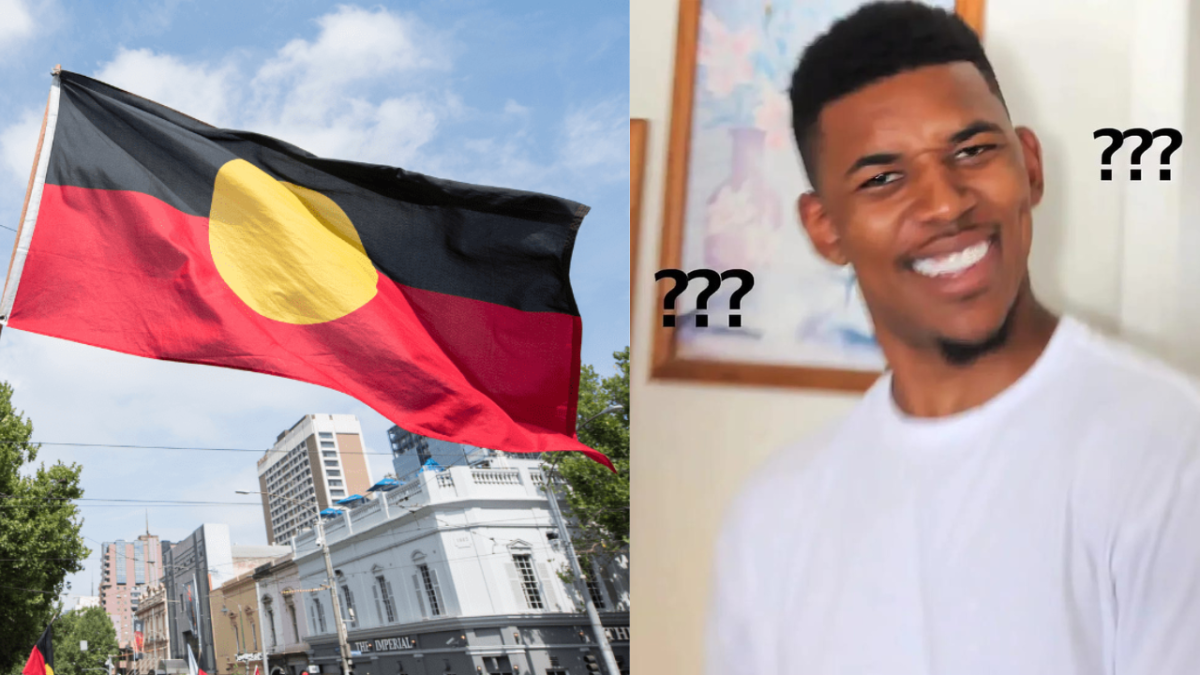
A South Australian council has decided to scrap its Acknowledgement of Country, instead deciding to start meetings with an apparently more “inclusive” two-line introduction that omits colonisation and its effect on First Nations people altogether.
Naracoorte Lucindale, a regional council north of Adelaide with a population of 8,900, will no longer acknowledge the Aboriginal owners whose land it stands on, because it reckons this is not “inclusive” enough of its ethnically diverse population.
Instead, its members voted 6-4 for the following opener for its meetings: “We acknowledge and respect our complex history. We welcome everyone to build our future together.”
Right, because understanding that we’re on stolen land, and that First Nations people are still suffering the effects of colonisation, is so complicated… Is this “simplicity” or is this just an erasure of history?
Naracoorte Lucindale Council Mayor Patrick Ross claimed that this new intro is better because its “unambiguous” and “simple”. What he believes is unambiguous about acknowledging that we live and work on these lands because a genocide took place is unclear.
“It’s got nothing to do with racism of First Nations people,” he told Sky News, insisting that the new introduction was “inclusive” and “welcoming” to diverse Australians.
However, not-for-profit anti-racism organisation Reconciliation Australia has slammed the council’s decision as displaying a “lack of awareness and understanding” which it says is a step backwards that will only further divide the nation.
“Reconciliation SA are deeply disappointed the majority of elected members of the council have voted to replace their Acknowledgement to country,” CEO Jason Downs wrote on social media.
“When you remove Acknowledgements to Country and Elders, you remove visibility and you diminish the importance of First Nations in our country’s 65,000 year history.”
You’d think that in 2024, we’d be past the downplaying — if not downright erasure — of the atrocities that built this country for the sake of “simplicity”.
But I guess if the Voice referendum’s failure taught us anything, it’s that there is a long way to go before Australia properly reconciles the violence of its colonial history.



